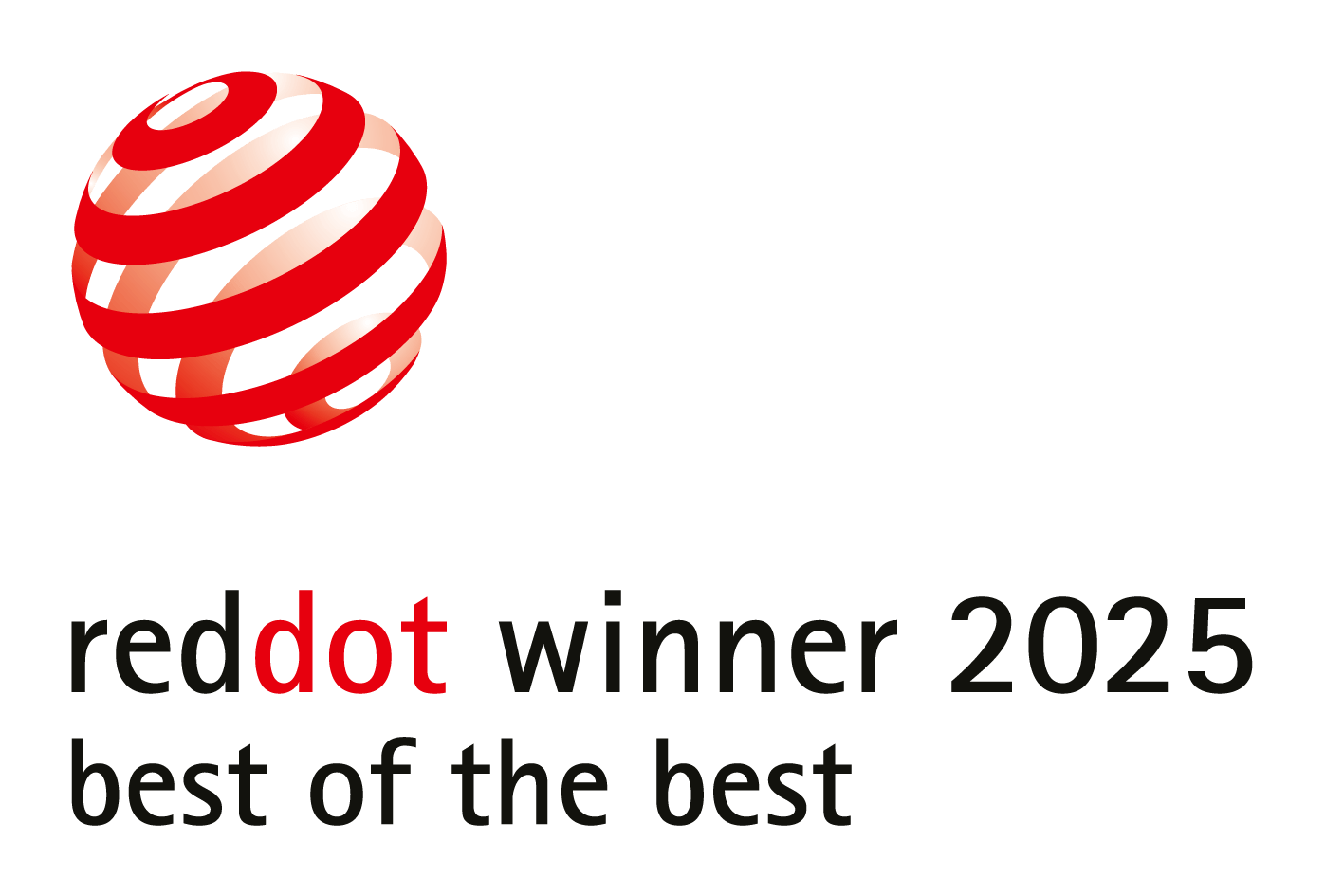Articles related to Business
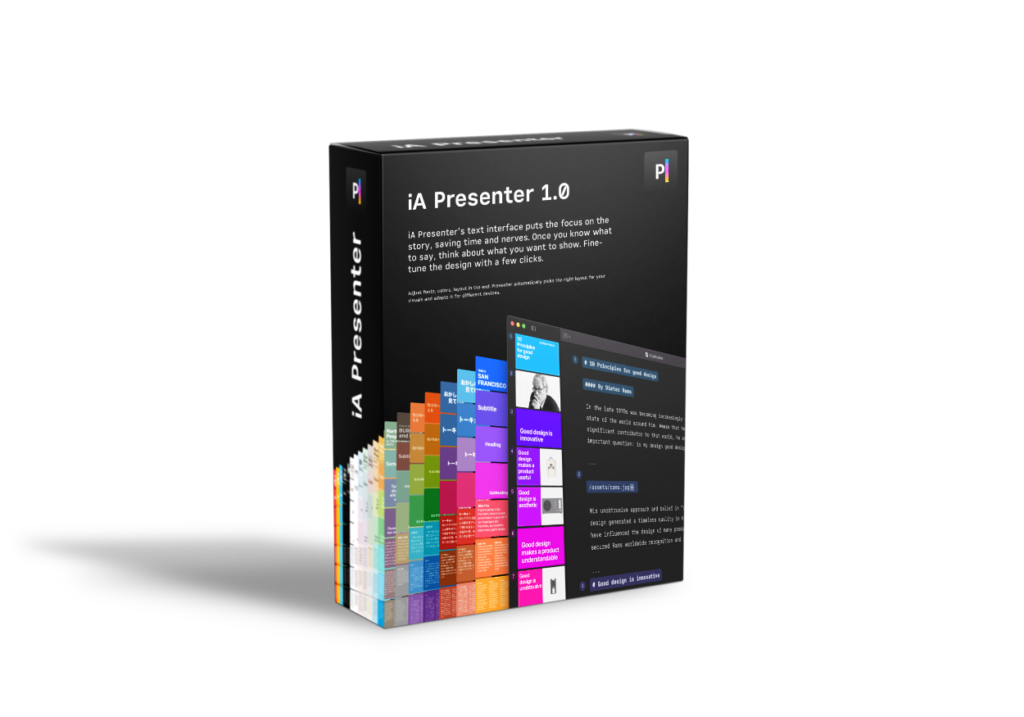
Presenter Pricing (I)
We could just ask you how much you would pay, but...
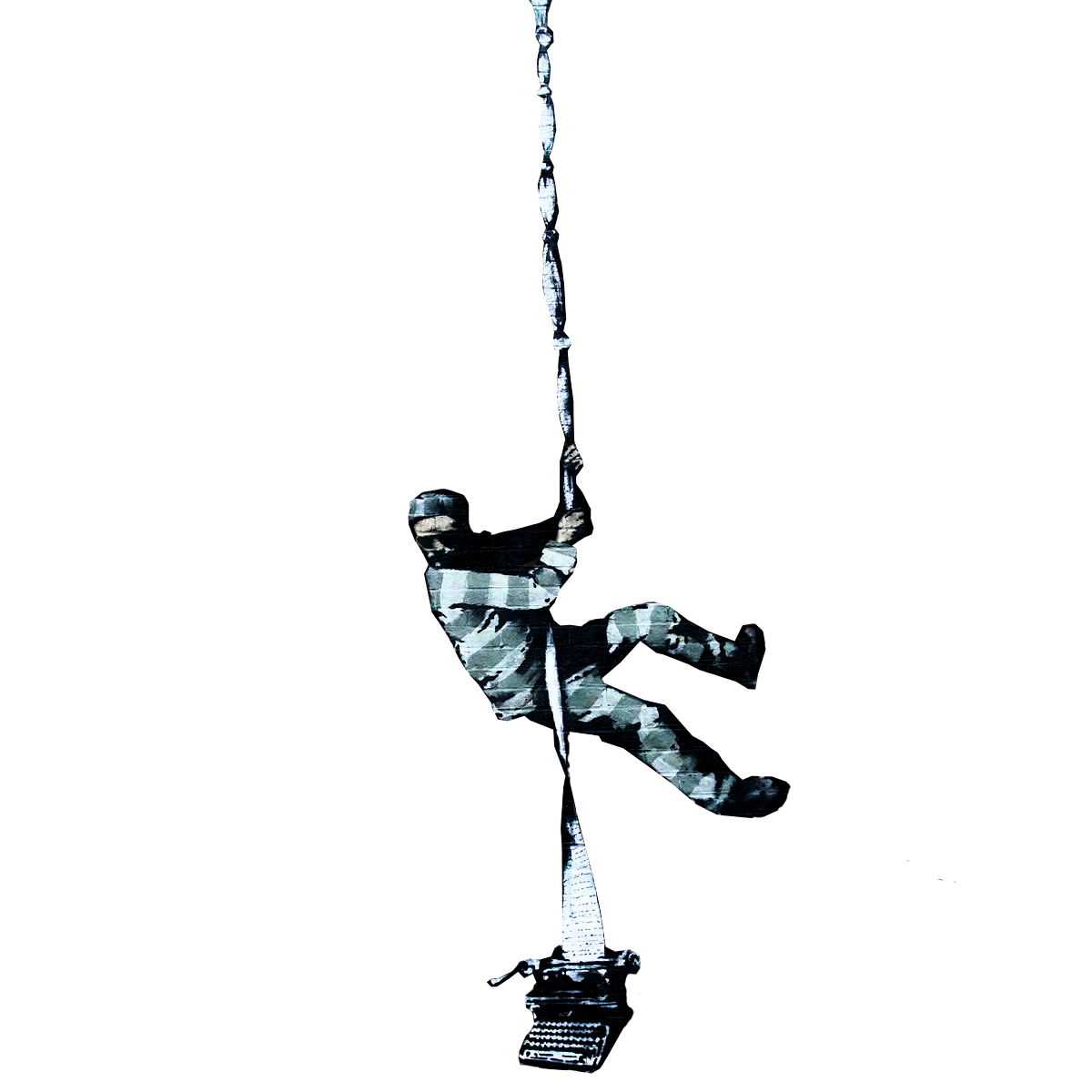
Secret Sauce and Future Music
On the limits of sharing in business communication
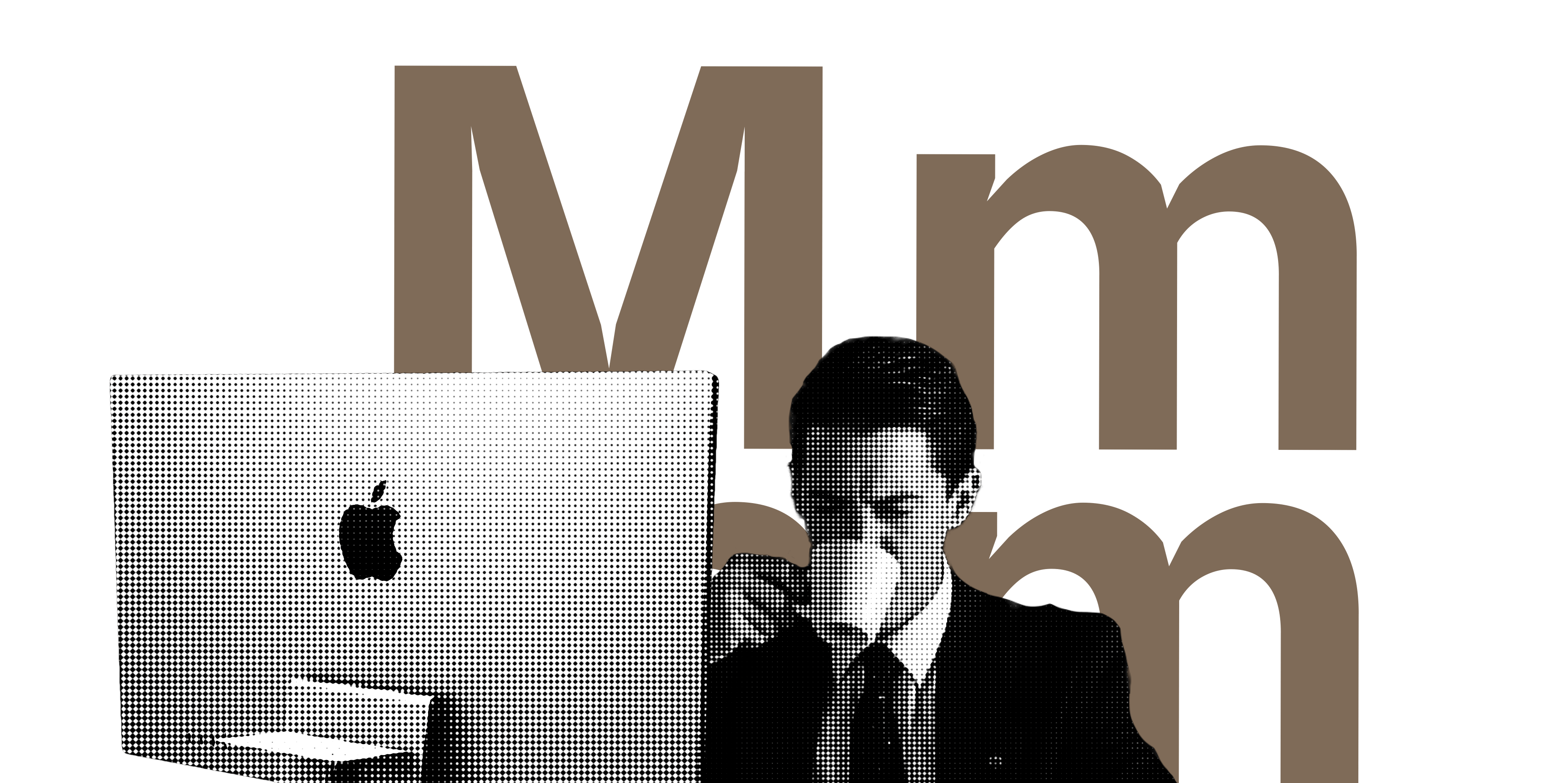
On Apps and Coffee
How many apps does a cup cost... that is here the question
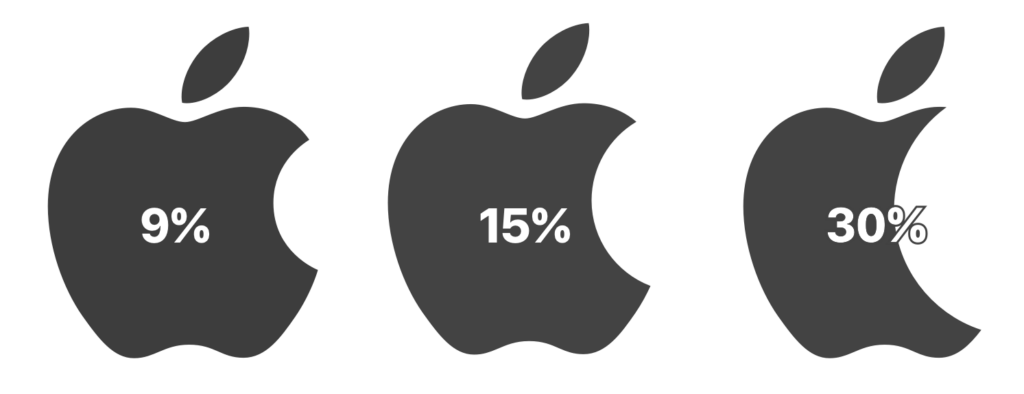
Apple cuts commission to 15%
...f you make under one million US dollars per year
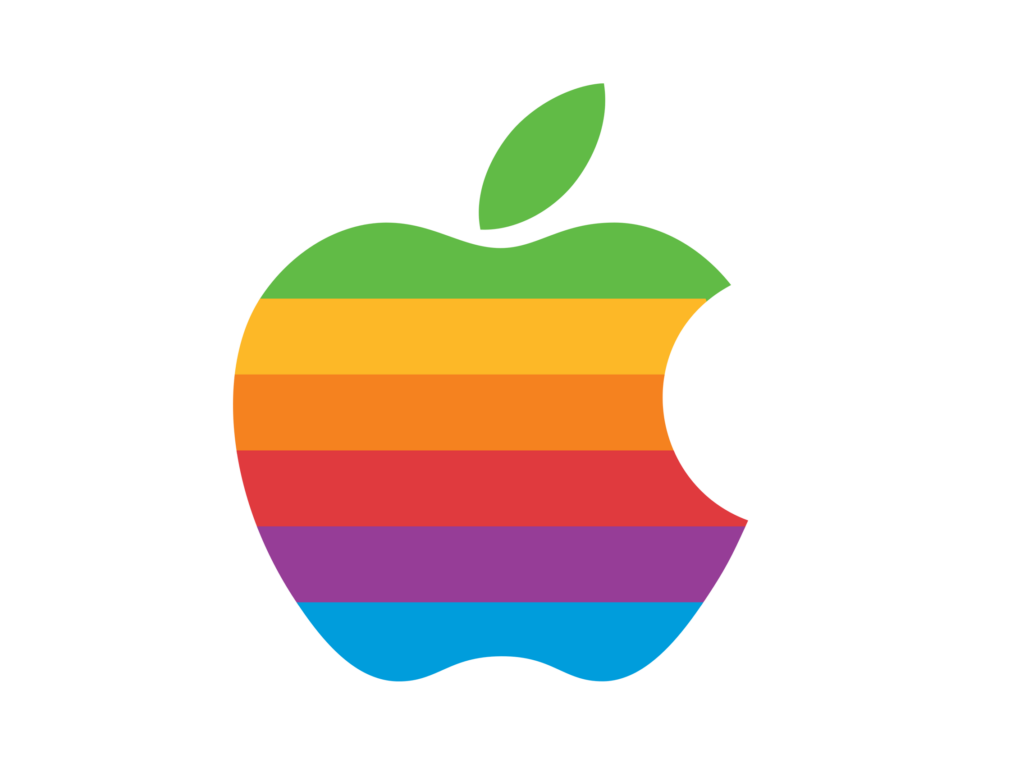
How to Think Different
True respect is mutual

Subscription or no Subscription?
That is not the question
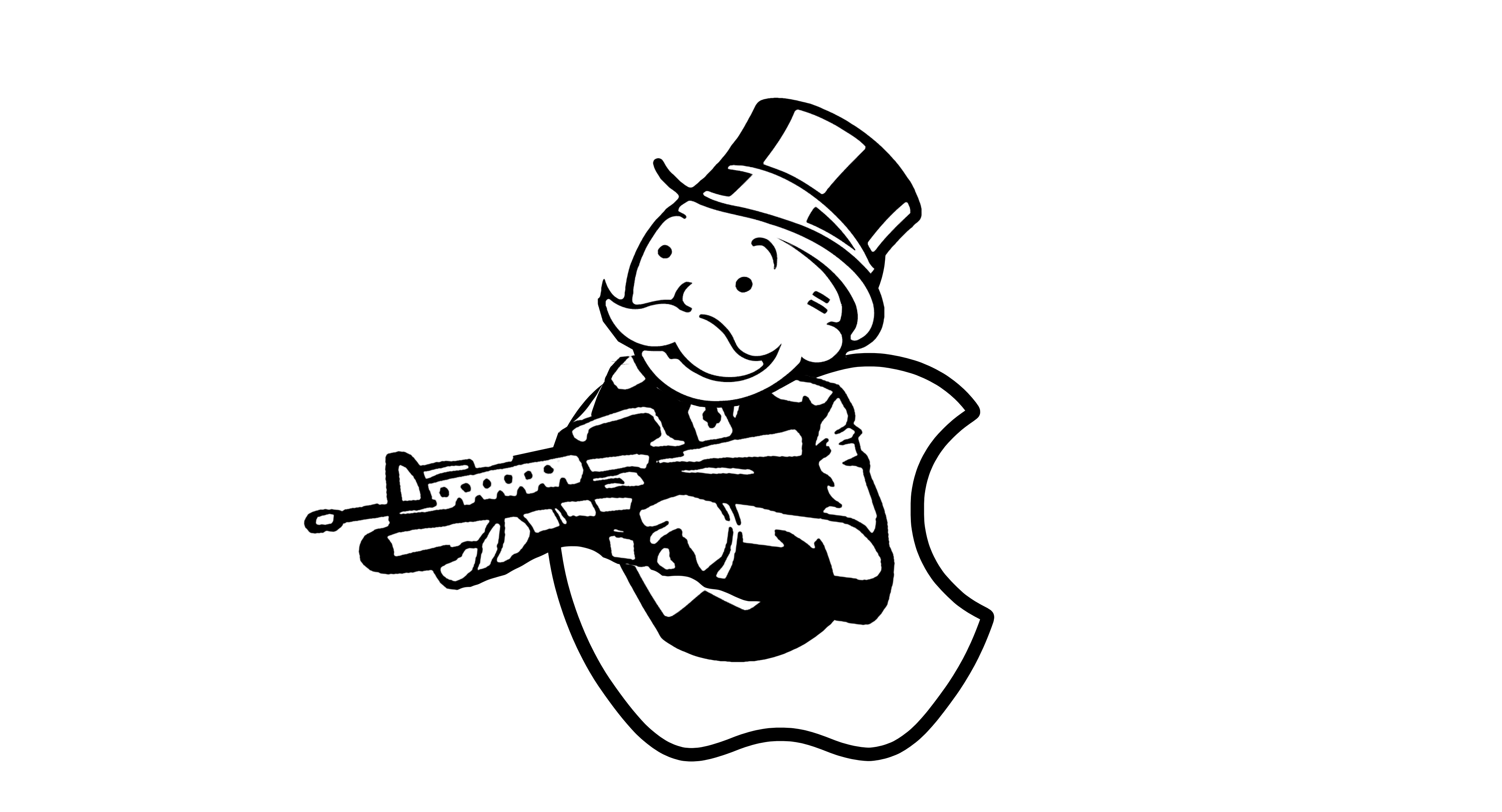
On Monopolies, Apple, and Epic
The game is rigged

Ethics for Designers
There is a connection between good and beautiful.

Designed in China, Assembled in California
We don’t resist because we don’t care
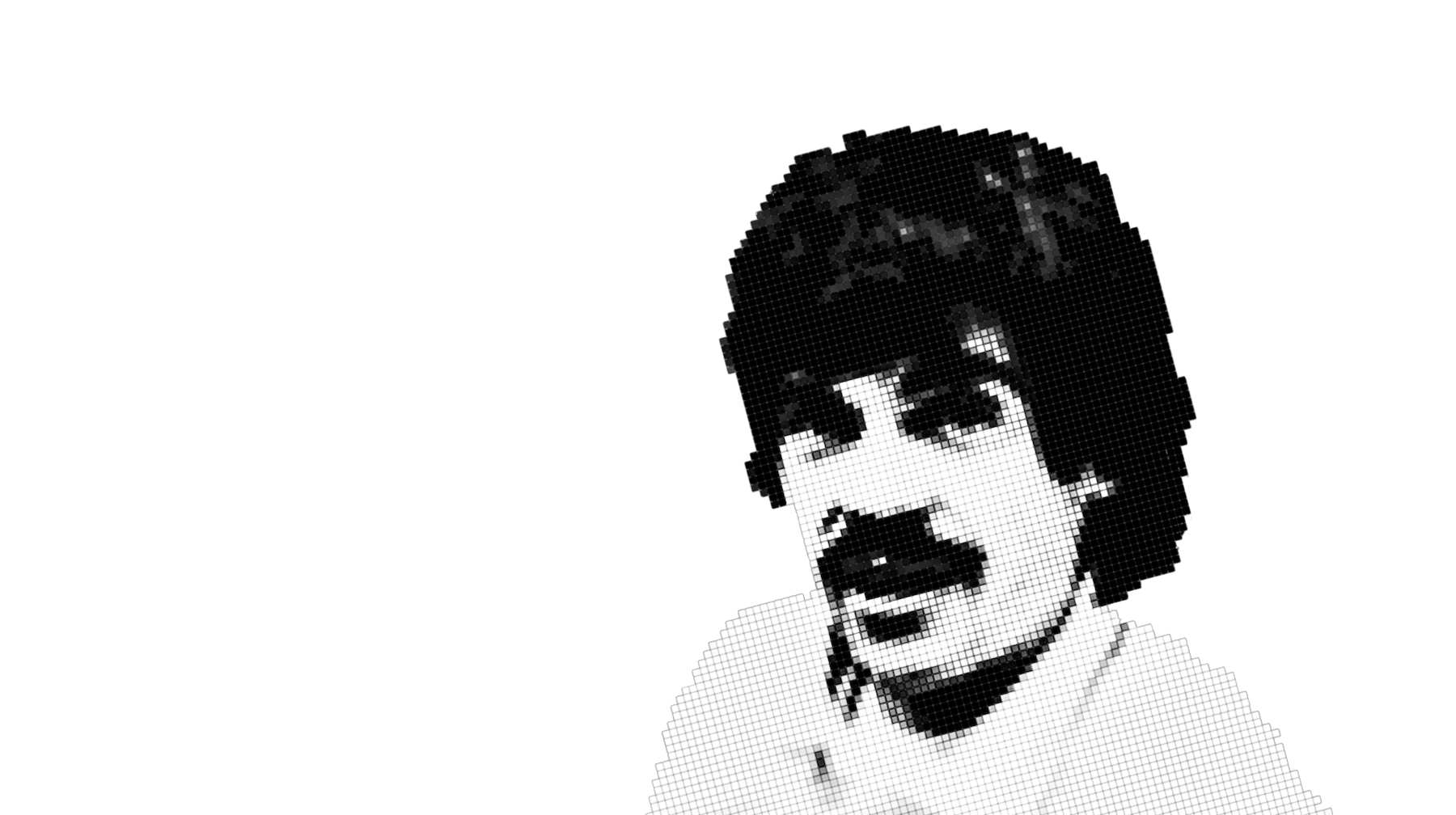
“Art at scale”
Excerpts from Alan Kays emails

From Raw to Cooked to Sushi
iA Writer 5: From raw to complex to simple
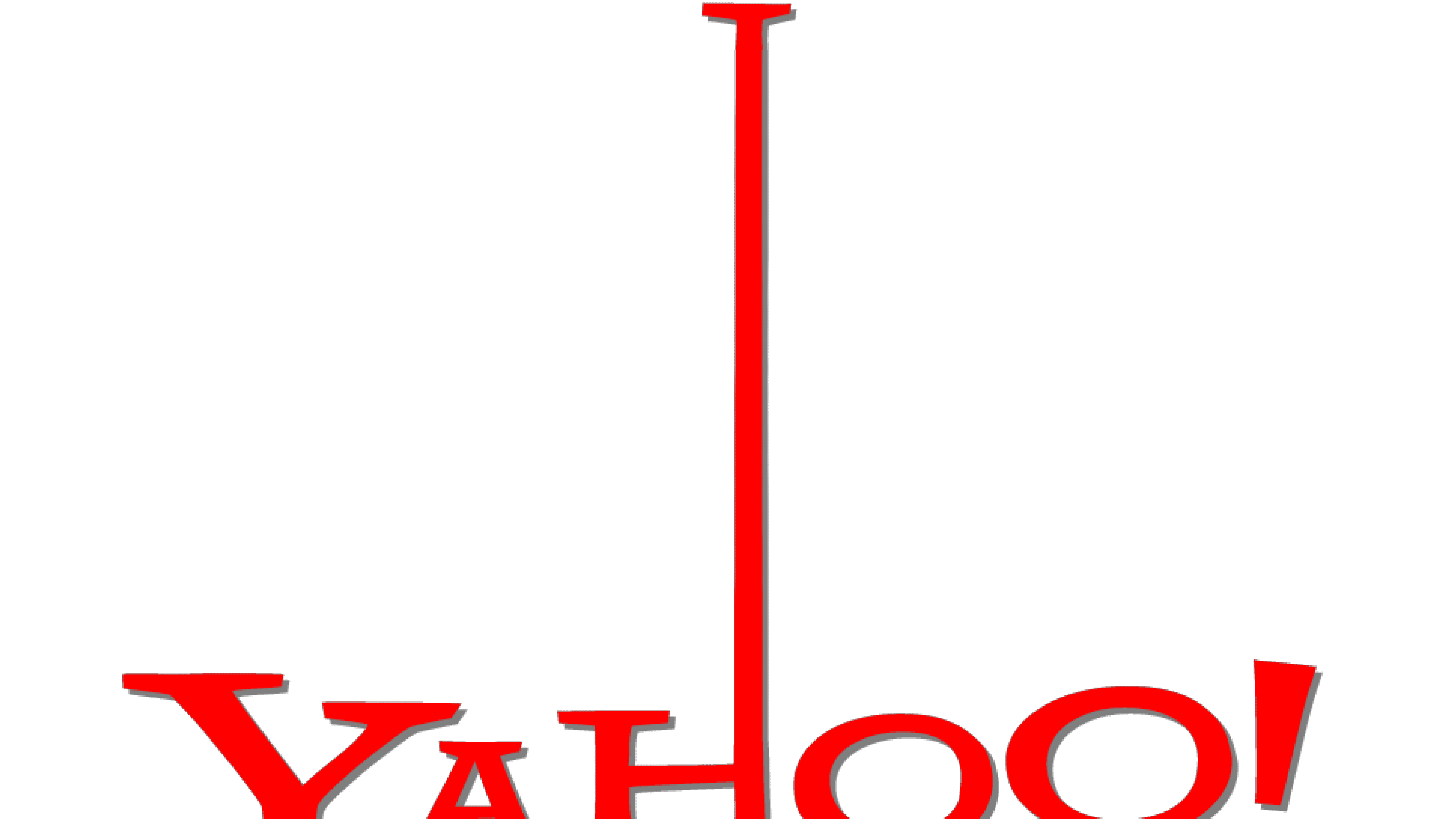
Logo, Bullshit & Co., Inc.
What makes designers think they are so special?
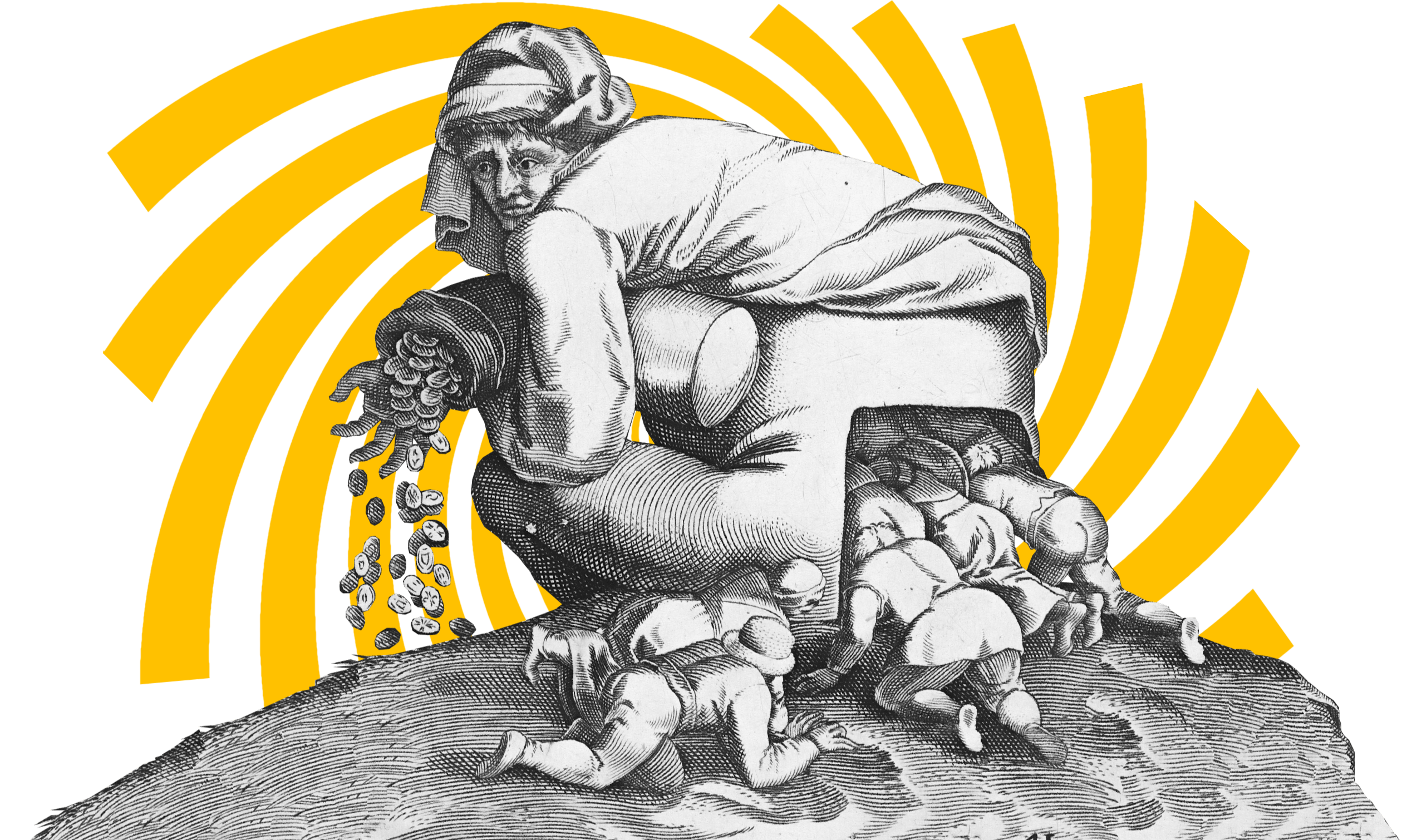
On Prices and Features
Somehow almost everything is always too expensive

API for News?
Reuters, NYT & iA Inc.

Dynamic Pricing for Digital Goods
We decided to try something new

The Value of Information
The faster you entertain, the faster you must monetize
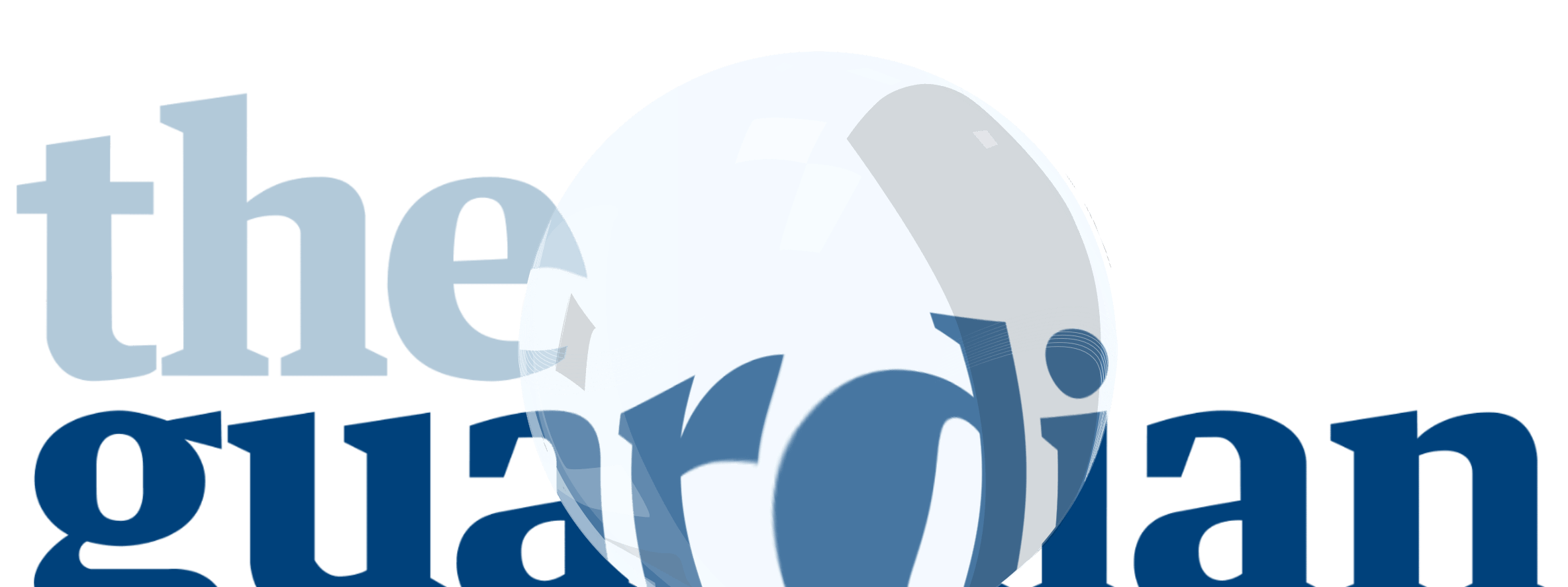
Future of Journalism
A little bit of everything, please
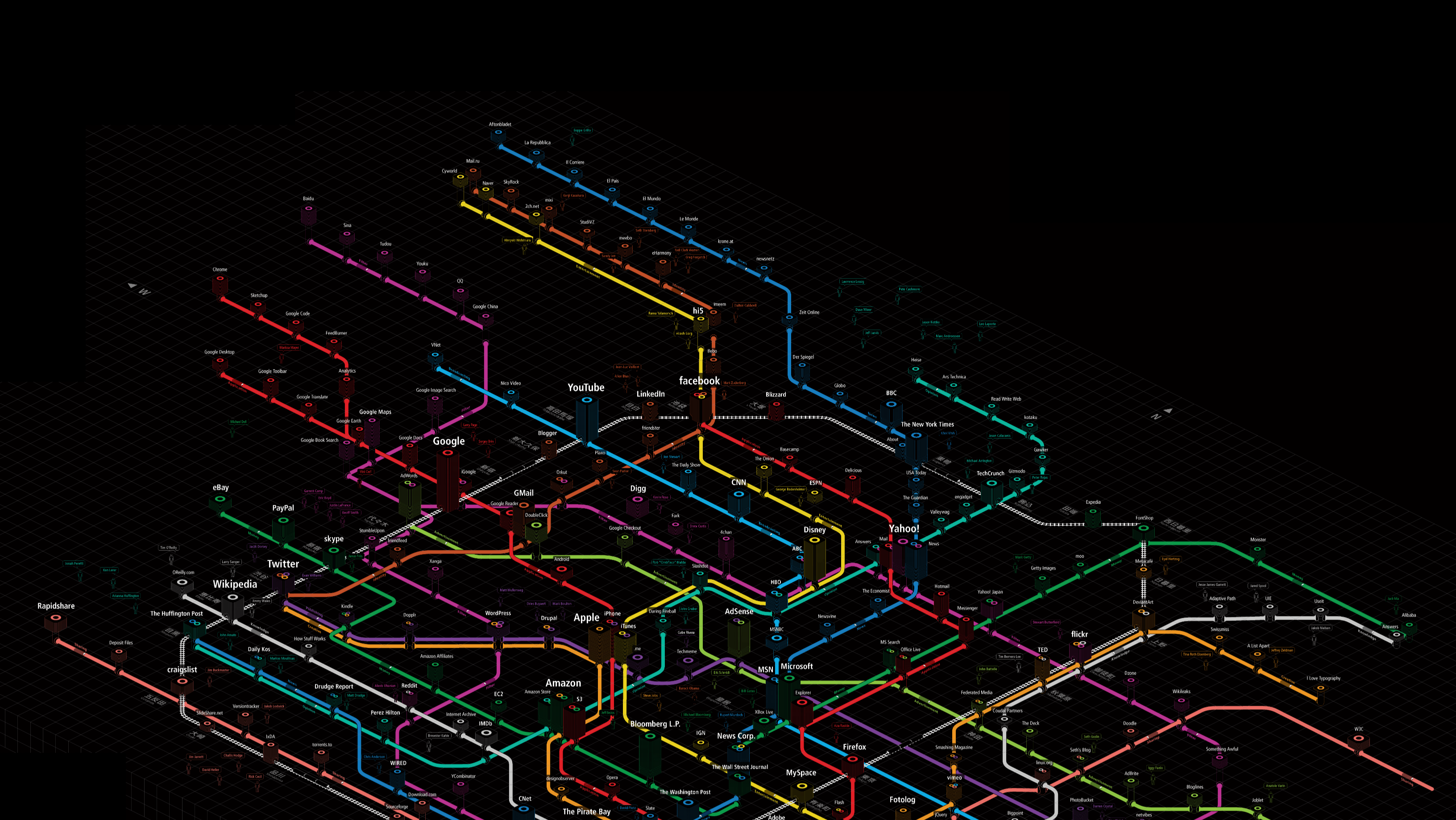
Web Trend Map 4
The coolest gift for geeks

Social Media Marketing?
Kaboom, Baby!
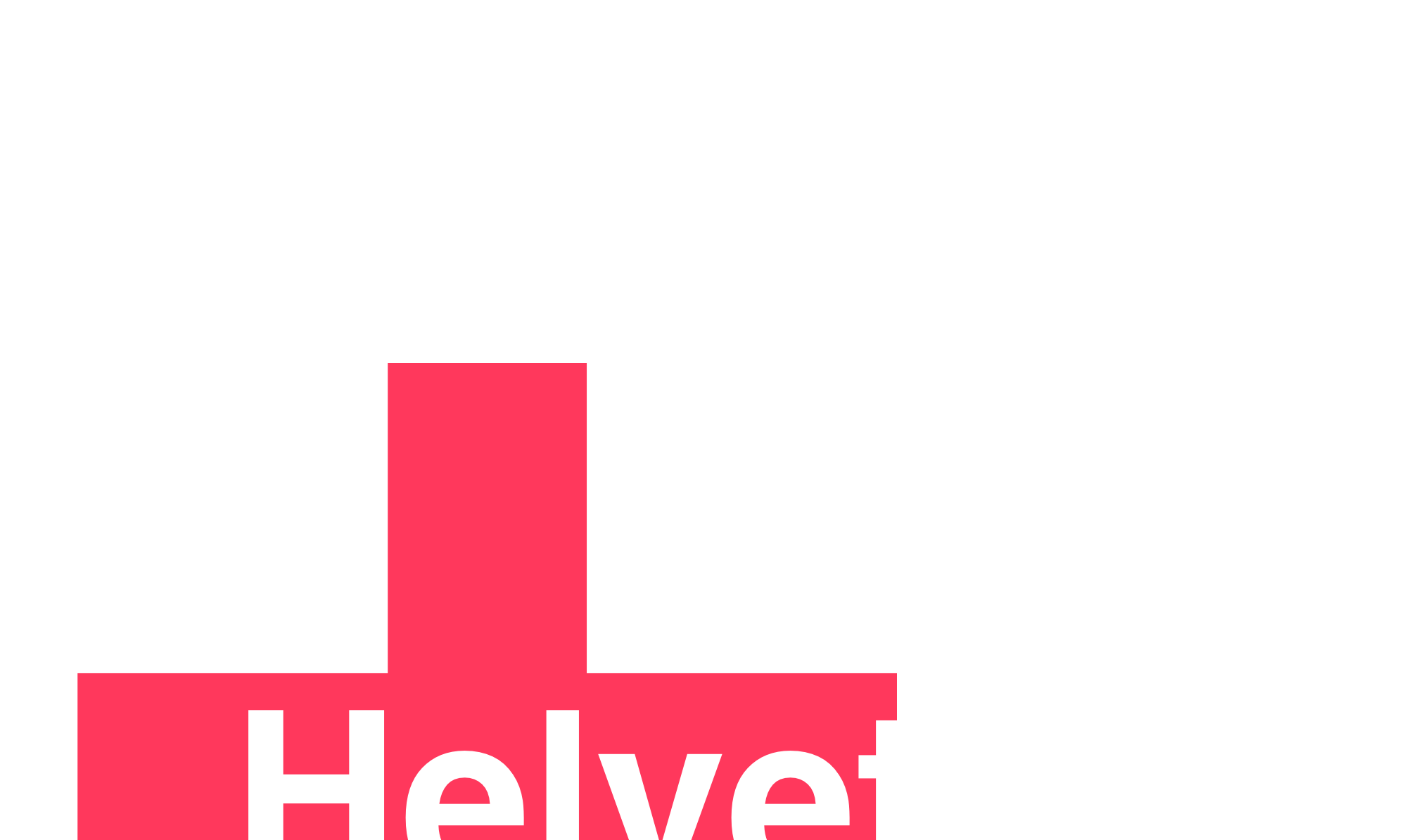
iA Opens Second Office in Switzerland
Exciting news
Surfing the Avalanche
Emporte-moi dans ta chute!
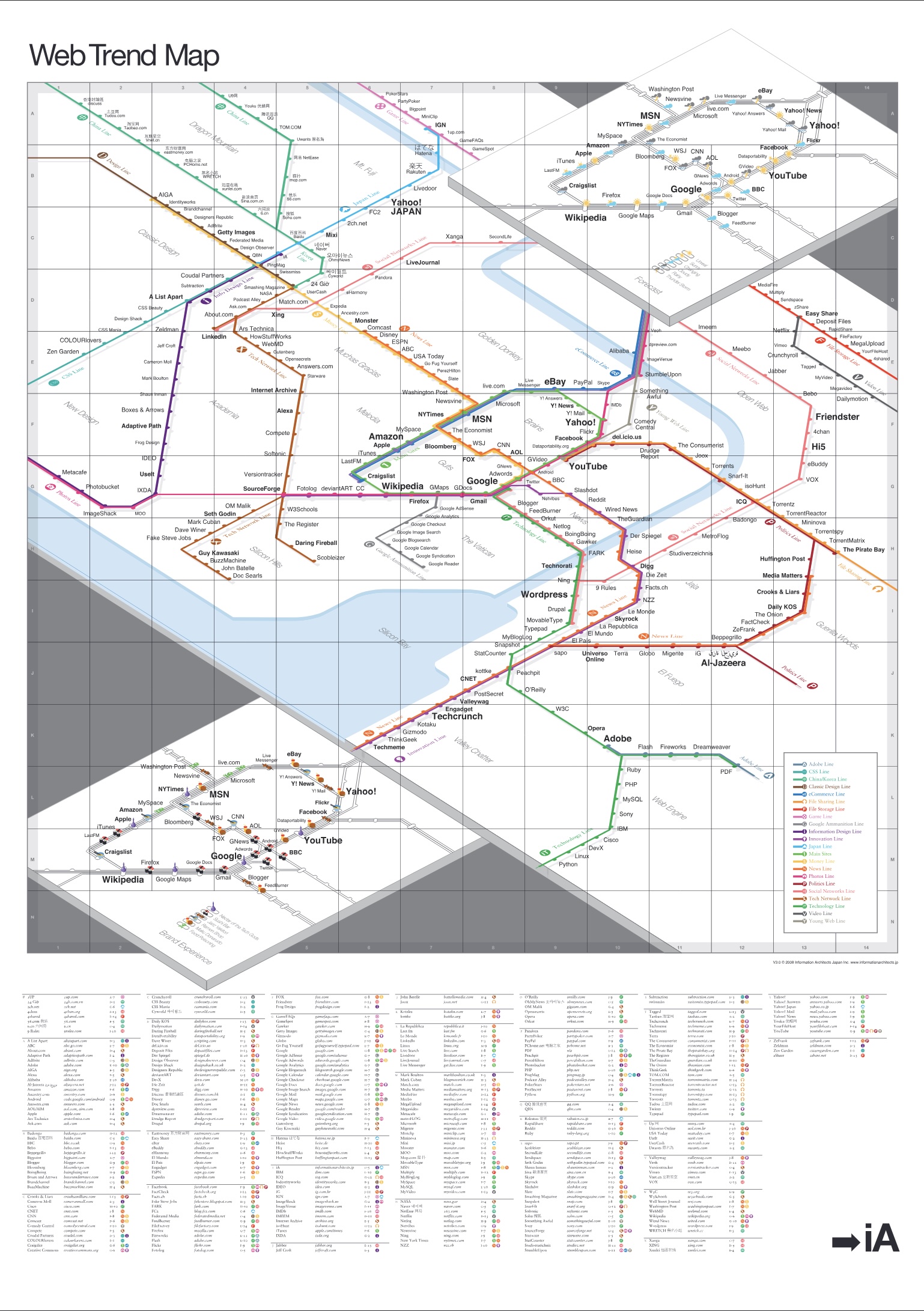
Web Trend Map 3
The coolest gift for geeks

Web Trend Map 2008 Beta
We present you with the 2008 Web Trend Map, in all its beautiful beta glory. This time we’ve taken almost 300 of the most influential and successful websites and pinned them down to the greater Tokyo-area train map.

Web Trend Map 2008
New layers!

Trend Map 2008
What’s New?
Predictions for 2008
Don’t take this too seriously
Looking Back on 2007
And a summer of love it was
This is madness!
No, this is Radiohead
The Essentials of Online Rebranding
Face Off
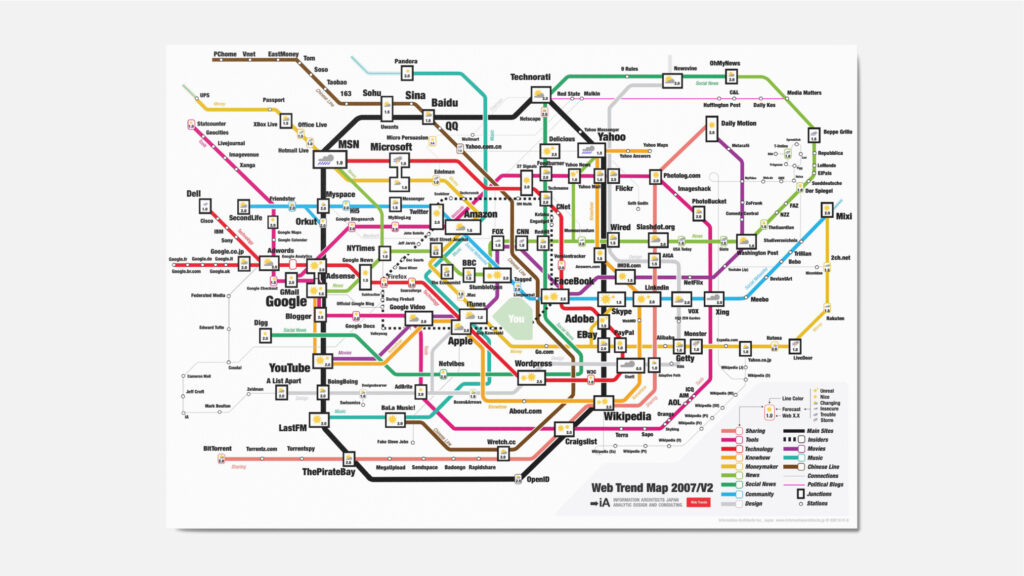
Web Trend Map 2007
Version 2.0

A Word on Design Value
Quality costs time and money

Washington Post Redesign
...as a Wiki
10 Newspaper Myths
Deconstructed
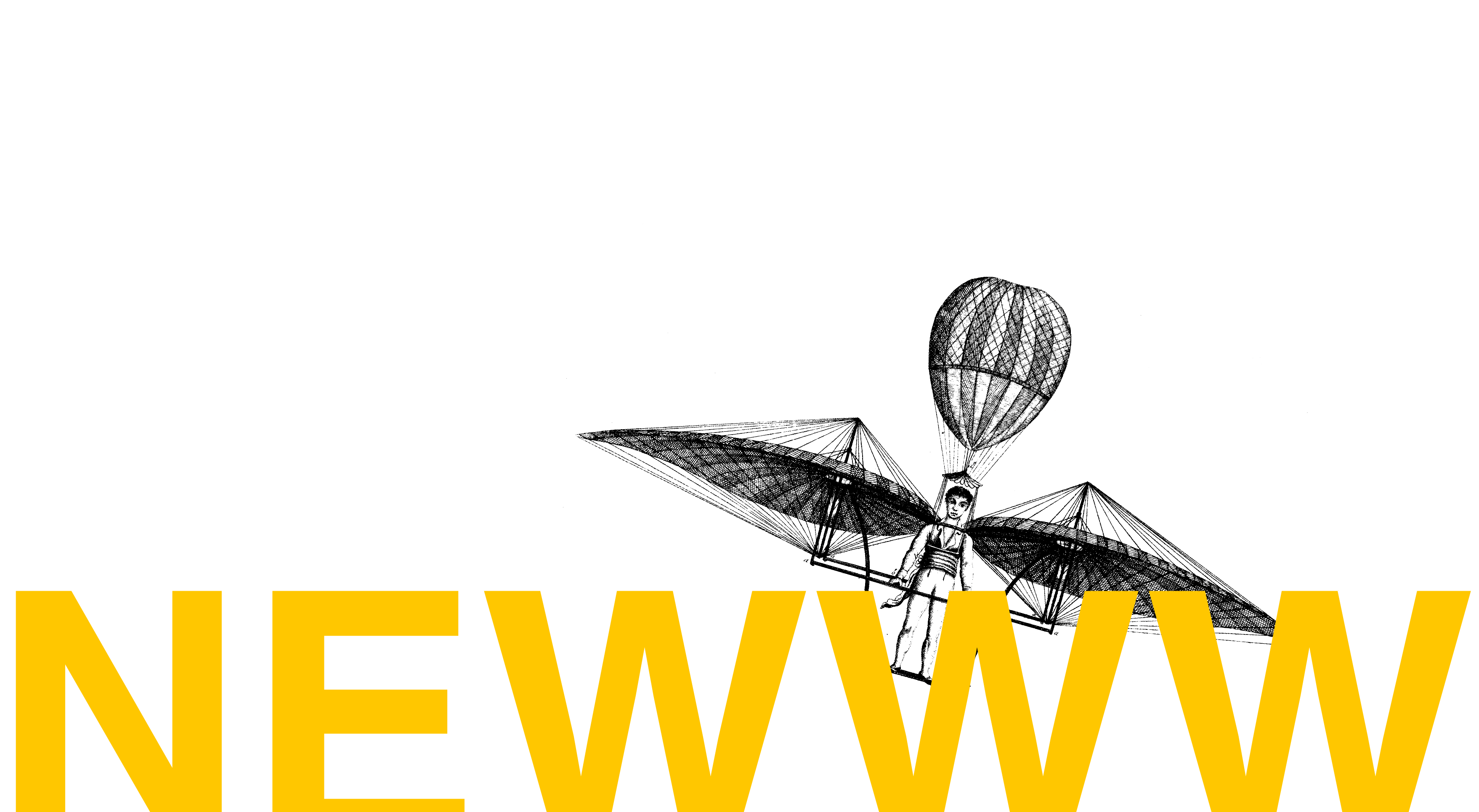
Understanding New Media
Engage in its dialogue

Pushers and Spammers Should Pay
Postage stamps for emails
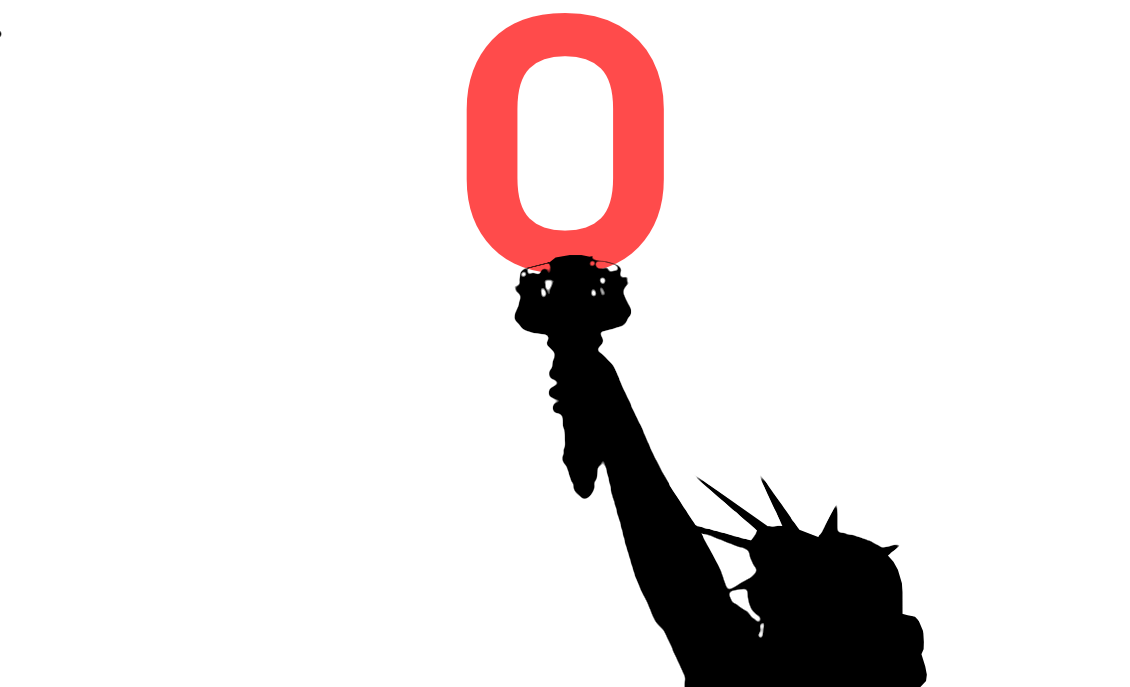
How to Compete With Free
It is a lot of work

Tirekickers & Co. Ltd.
There are three kinds
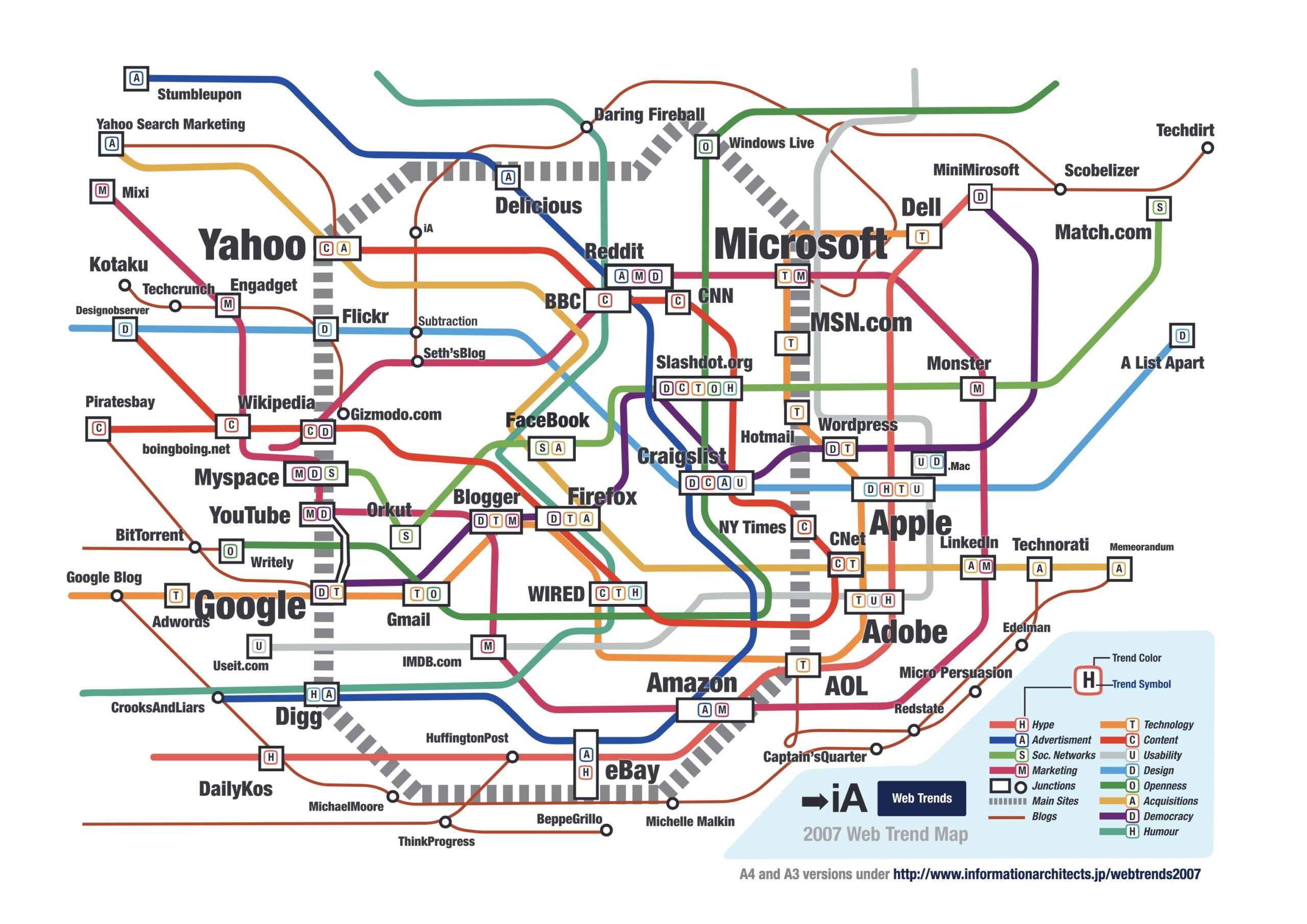
Web Trend Map 2007
Reactions

Internet 2007 Predictions
Apple, Google, and Co.

Technorati
Big business with bogus data

Partner in Astroturfing
Boycott Technorati?

Web 3.0
You Say You're on a Revolution?

Read Different
Apple Ads in Japan

Internet Consulting
Or the rare art of being clear

Find an Accountant
Startup in Japan II

The Basics
Starting up in Japan

